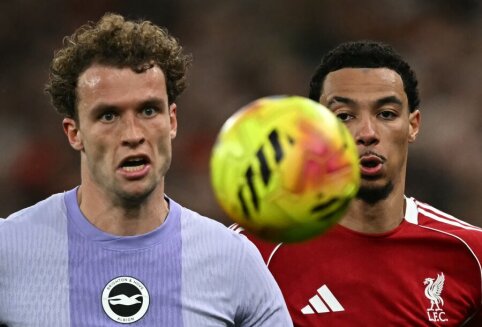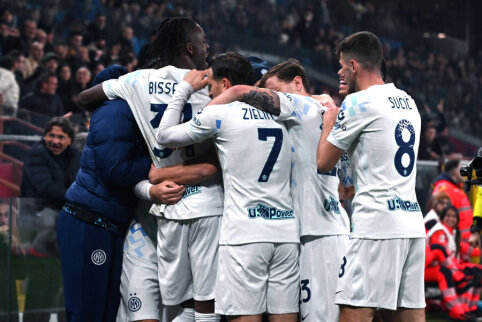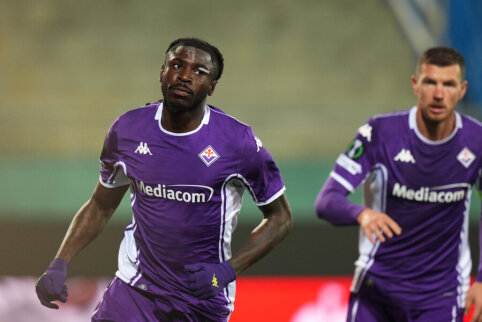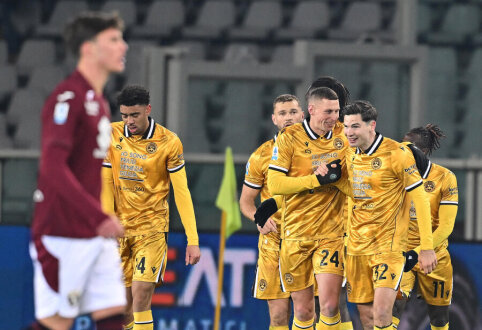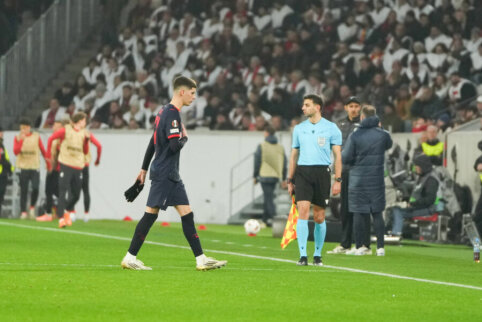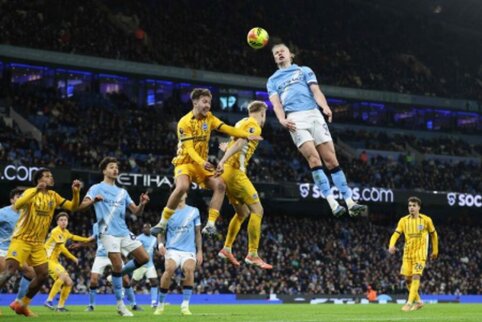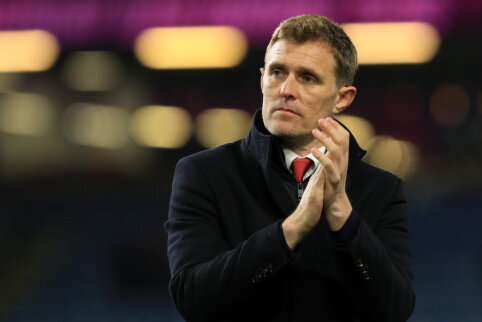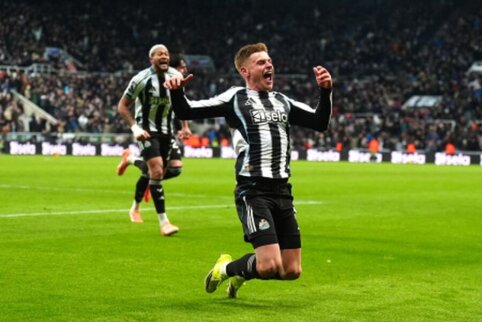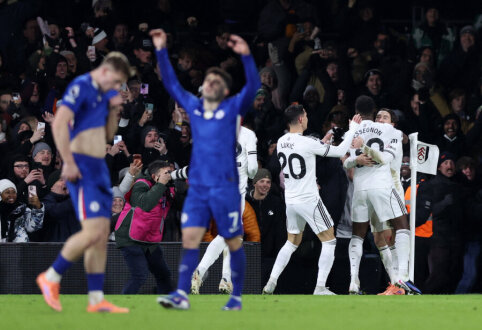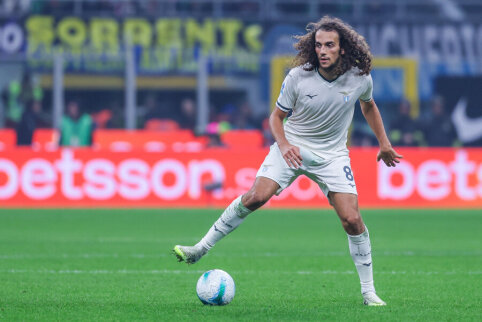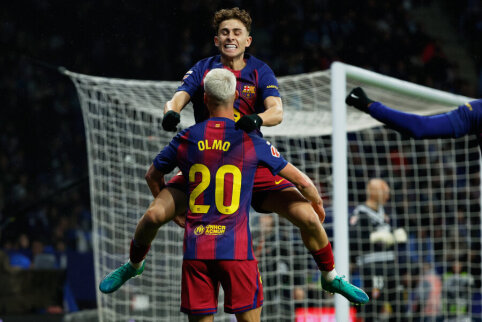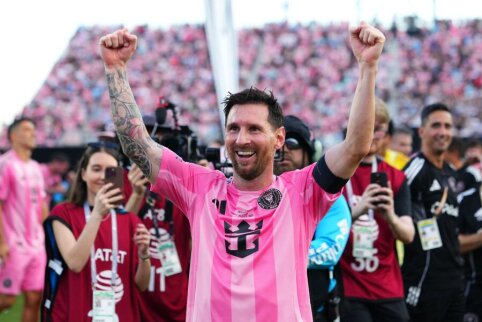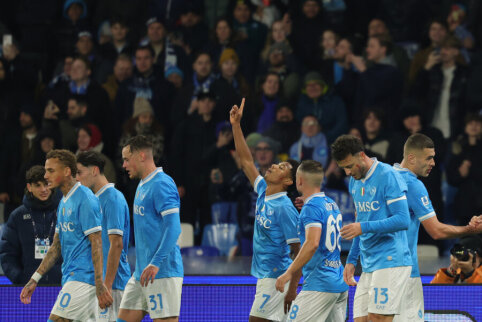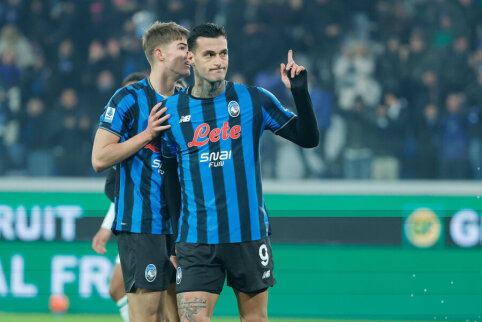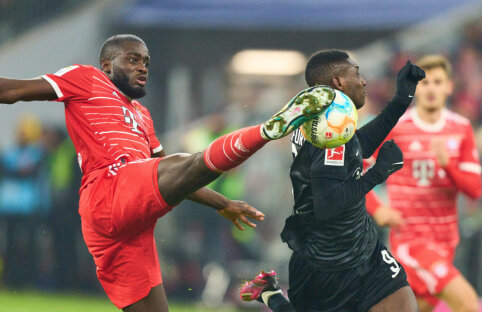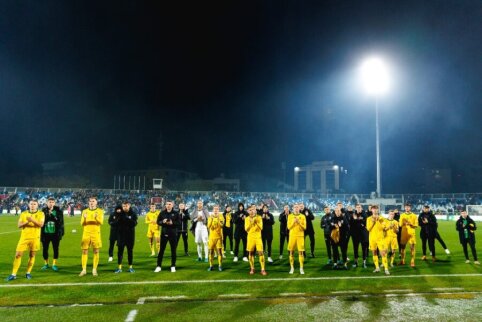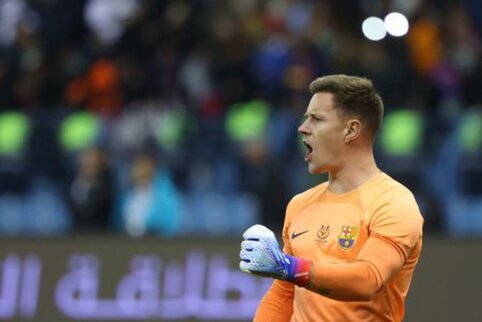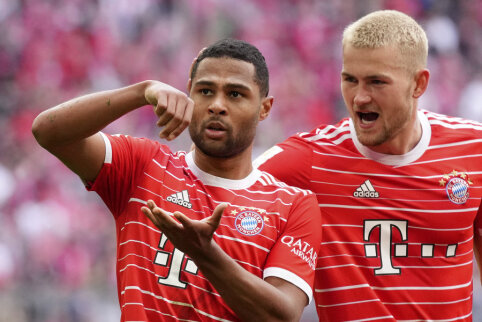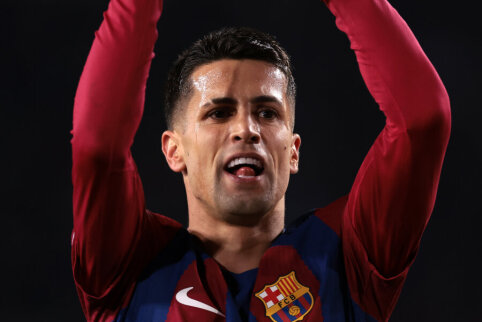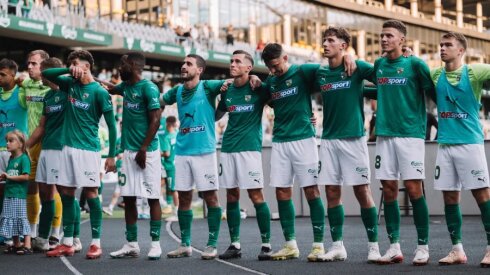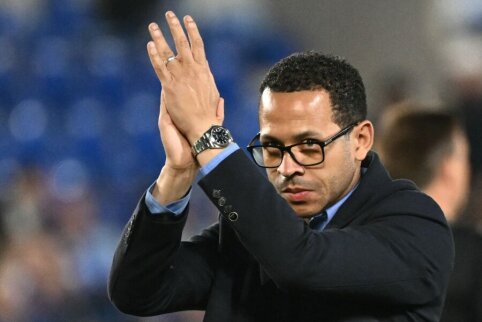
World may have doubted Costa Rica, but Costa Rica never doubted itself.
As players huddled, sang to their fans, and collected flags thrown from the stands, it was hard not to think of coach Jorge Luis Pinto's words he spoke after pulling out the tournament draw: "We like this group. The bolder the bull, the better the bullfight."
Reflecting on what the coach said, Costa Rica was truly fearless - they believed that anything is possible and that reputation means nothing.
Now the team, once considered the underdog of the group, has secured a spot among the 16 best national teams in the world. Meanwhile, two former world champions are already packing their bags.
Jorge Luis Pinto's team deserved for no one to doubt their game. Costa Rica did not falter in the first two group matches.
In the press, the English journey home glistens, but the real attention is on this team's fairytale story, created on Friday at the "Arena Pernambuco" stadium.
After a 1-0 victory over Italy, which they truly deserved, the players' faces spoke for themselves. They radiated pure joy, complete disbelief in authorities, and most importantly, excitement for what they had achieved and what lies ahead.
Pinto lifted his players up, one by one. Then he simply stood there calmly, arms wide open, relishing and enjoying the moment that he will never forget.
It was not just a moment of joy for the players, but also for the thousands of fans who traveled to Brazil. In the majority of the second half, groups, wearing red, blue and white scarves, chanted "si, se puede," which in Spanish means "yes, we can."
They could be heard until Italy's national team coach Cesare Prandelli arrived at the press conference after the match. If Prandelli did not understand how Costa Rica did it, he was not alone.
Before the championship, confidence was felt in the Costa Rican camp, as this team is considered the most talented the country has been able to assemble.
In 2002 and 2006, only three players who went to the championship, played abroad. This year, a total of 14 footballers are playing overseas, 11 of them in Europe. However, optimism was somewhat diminished by injuries to Liverpool's Everton left-back Bryan Oviedo and Real Salt Lake forward Alvaro Saborio.
Nevertheless, the national team coach did not lose faith that his team is excellent. This is the second coach's attempt at the national team helm - the first ended with dismissal in 2005 when Costa Rica stumbled in the World Cup qualifiers.
"How could this not hurt?" Pinto said at that time. "I had a dream of the World Cup. I put in efforts to make it happen. I failed."
This championship is the coach's last chance. In April, while sitting in a restaurant, his car was broken into. Among the stolen items was a contract book that took 20 years to compile and an iPad that Pinto used to write a book and reminisce about his career.
Now he is creating new memories in Brazil.
Pinto chose his assistants very carefully. This is a group of people whose experience allows them to feel the history, as they represented the country in previous World Cups. One of them is former goalkeeper Luis Gabelo Conejo, who helped defeat Scotland in Italy in 1990 and reach the quarterfinals. The current team's goalkeeper coach, Celso Borges' father, Alexandre Borges Guimaraes, was also in that winning team. Like father, like son.
However, not all team members have such illustrious backgrounds. Their clubs are often referred to as "first-round UEFA Europa League clubs."
Many of them have had a tough life. Forward Randall Brenes was born in the province of Cartago. When he started playing football, he had to earn money for a bus trip to the stadium by working as a copyist. Fame came late. Becoming recognized proved new and unusual for him.
Three team members, including London's Arsenal forward Joel Campbell, bought World Cup stickers just to see themselves. But this is a team that shines, not shares points with opponents.
In their qualifying group, Costa Rica finished second only to the USA. They won all their home matches and even outperformed Mexico. Costa Rica is much better tactically prepared than ever before.
Pinto borrowed a tactic from London Chelsea coach Jose Mourinho, basing the game on responsible defense and quick counterattacks. Bryan Ruiz ensures intuition at the penalty area, and Joel Campbell - strength and speed.
They have proved they can be flexible, adapting to circumstances in the match against Uruguay when they fell behind 1-0 at halftime. The Costa Ricans not only defended well but also made excellent passes.
Jose Mourinho himself doubted after the victory over Uruguay that this team could play the same way against Italy.
"I was genuinely surprised by what he said," said Pinto. "We know Italy is a very strong opponent, but we believe we can play even better than we did against Uruguay."
Only a few believed they could indeed. Skeptics will have to rethink. Pinto's team has proven it perfectly.
Costa Rica achieved what others thought was impossible, and their presence among the 16 strongest is one of the most remarkable feats in recent World Cup history.
Few will dare to underestimate them again.
